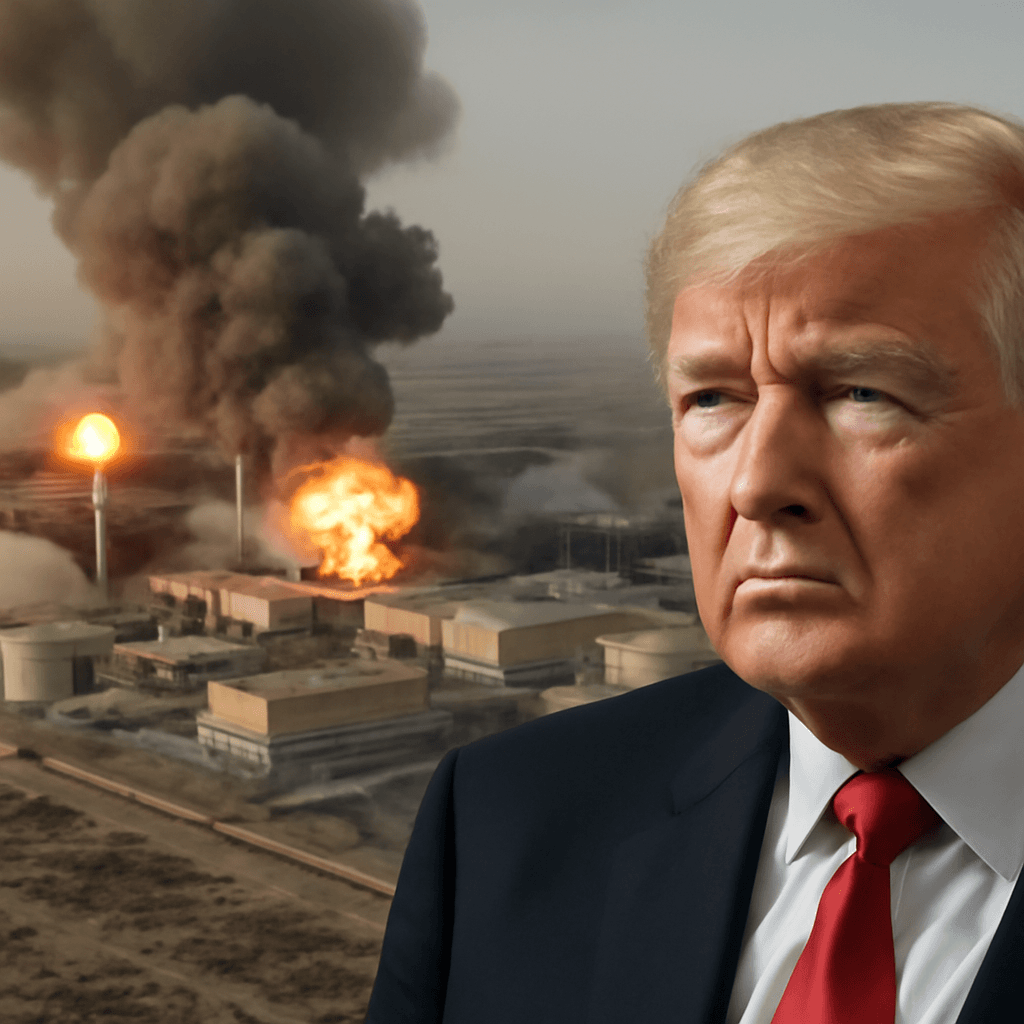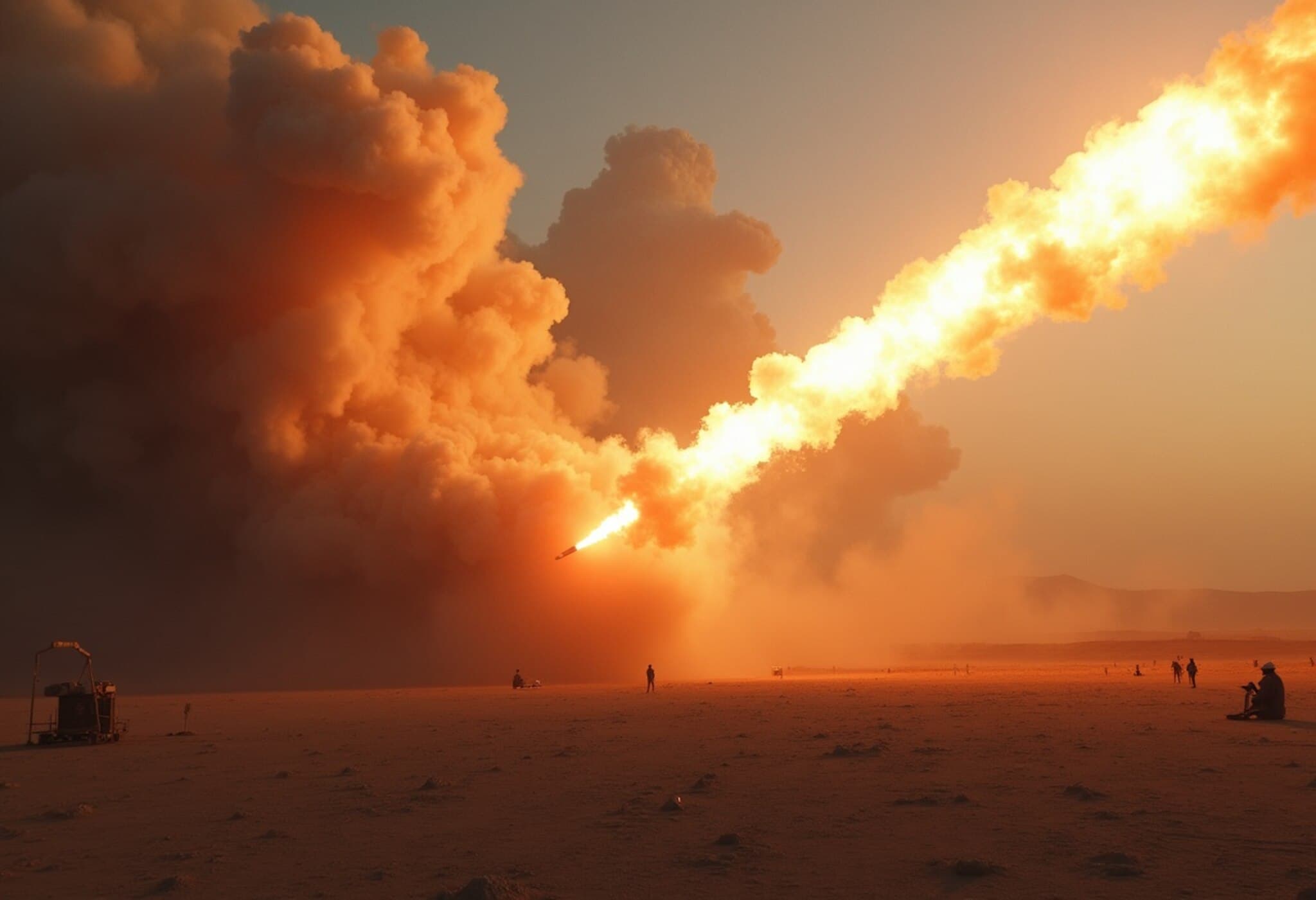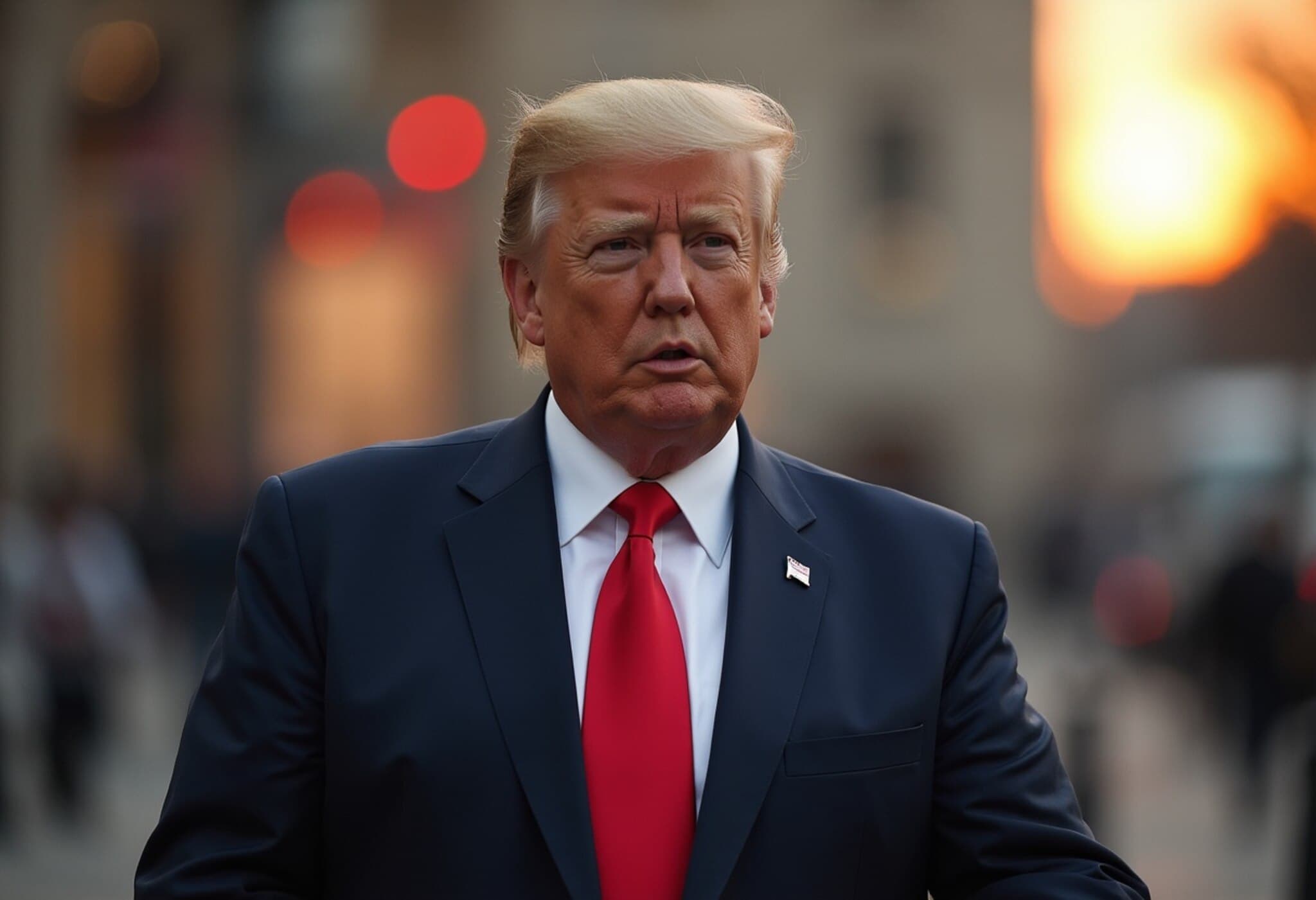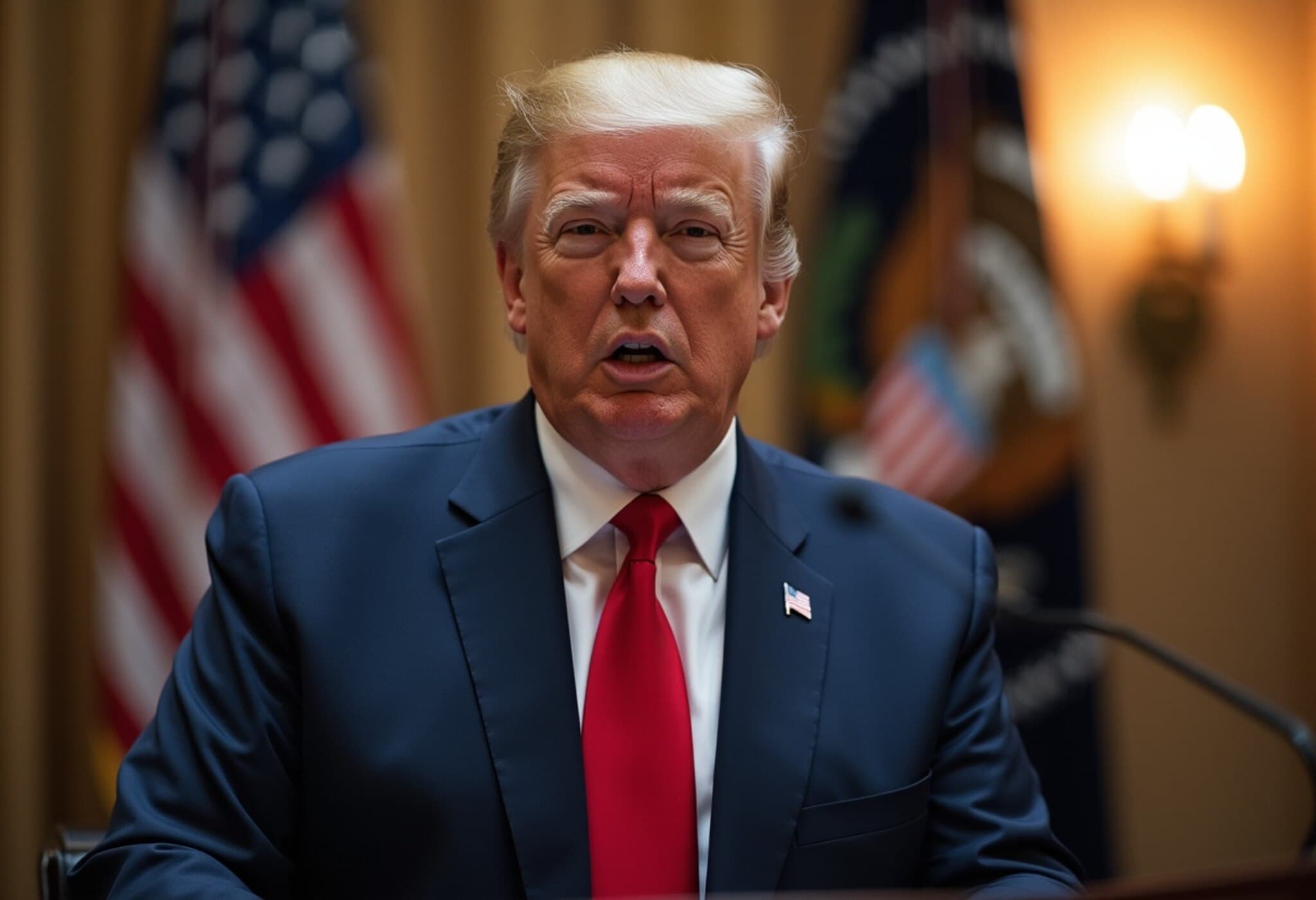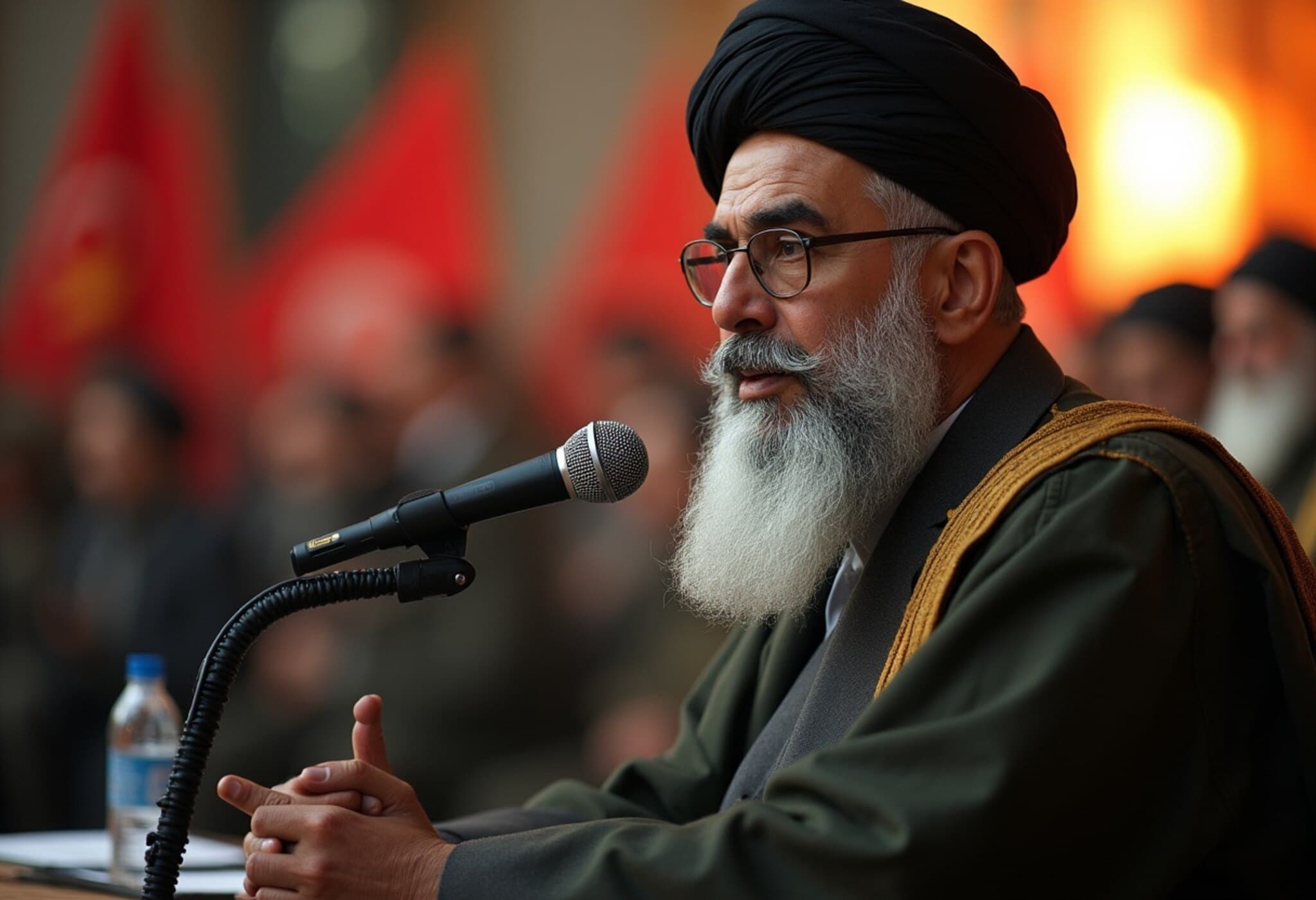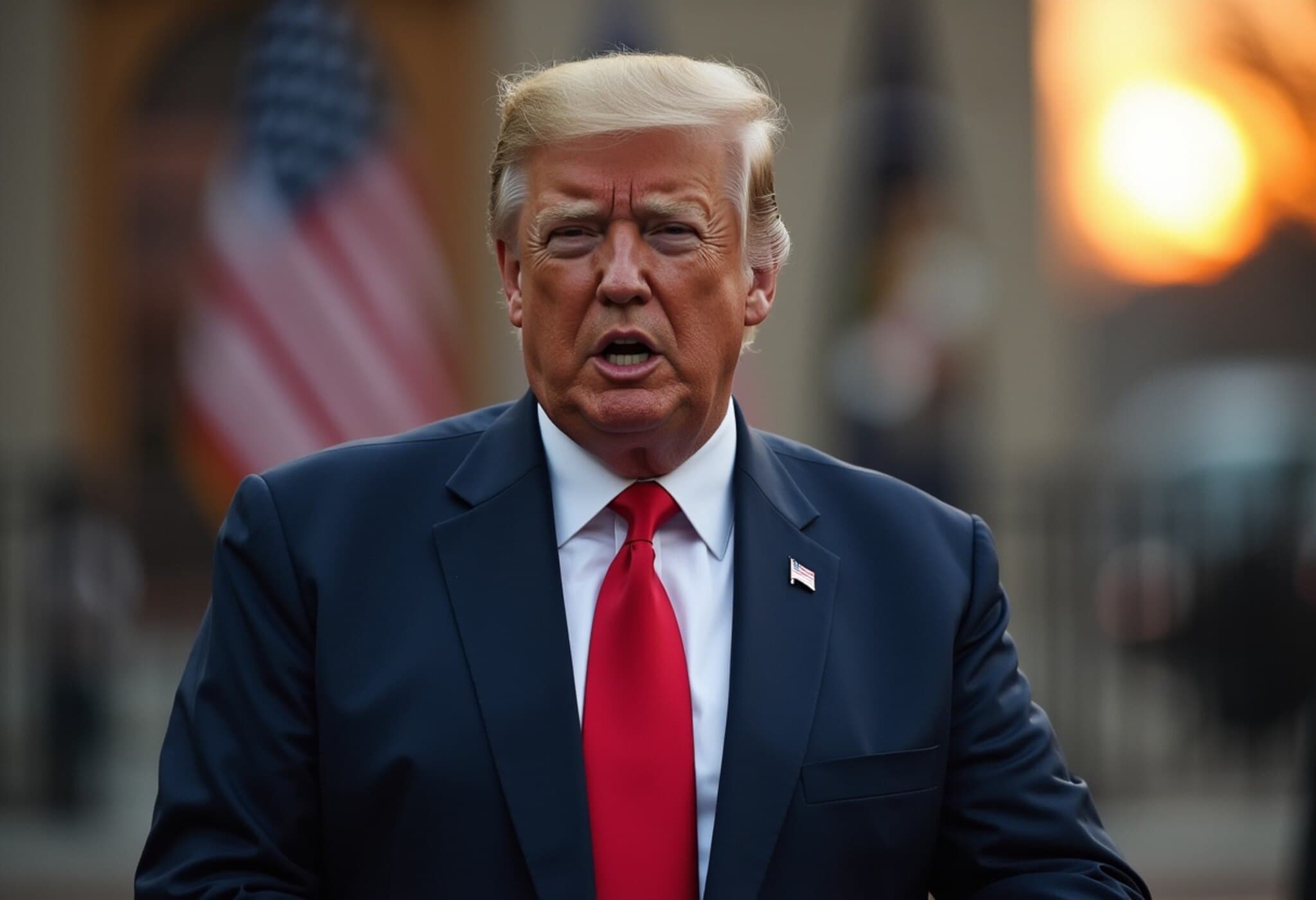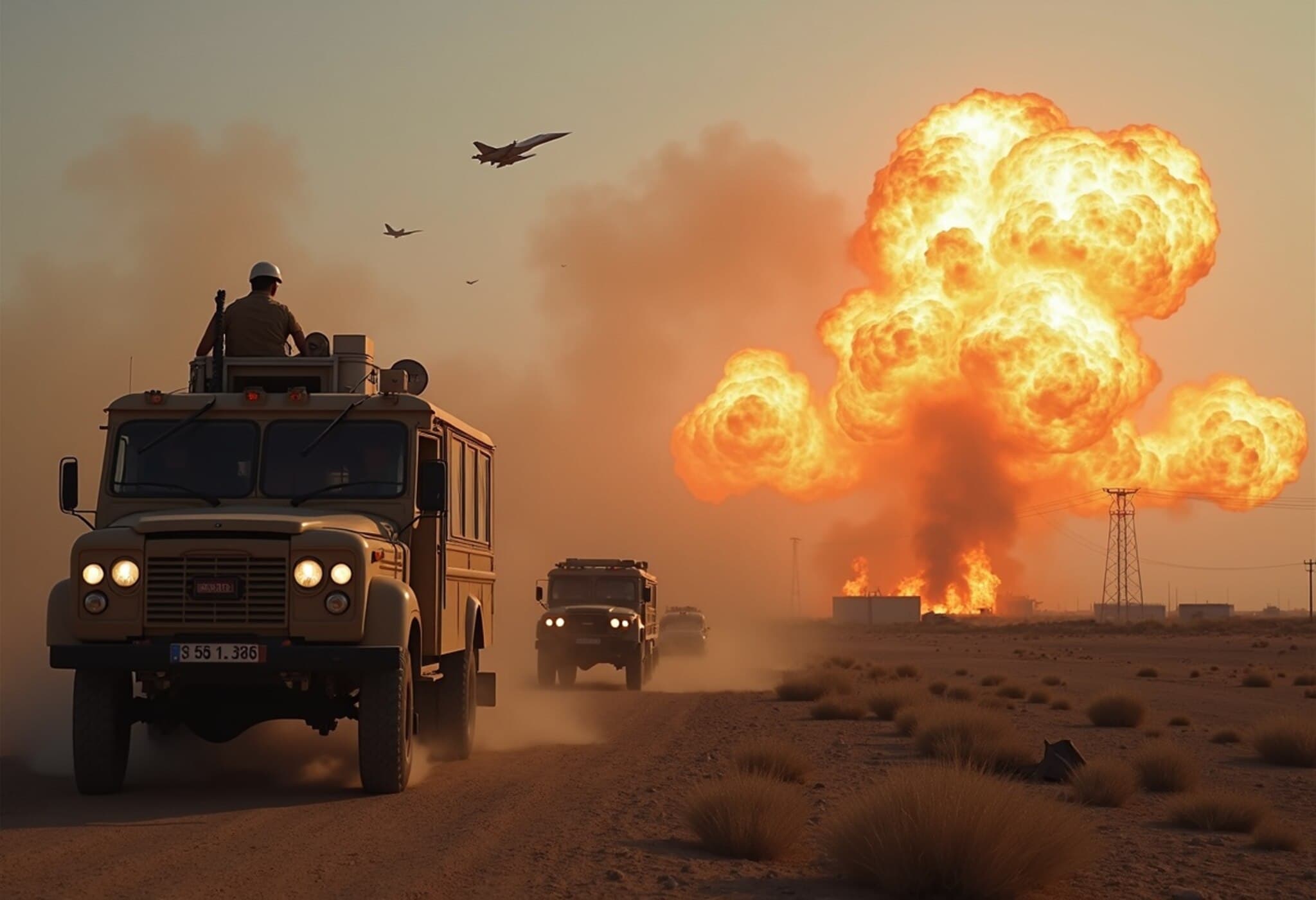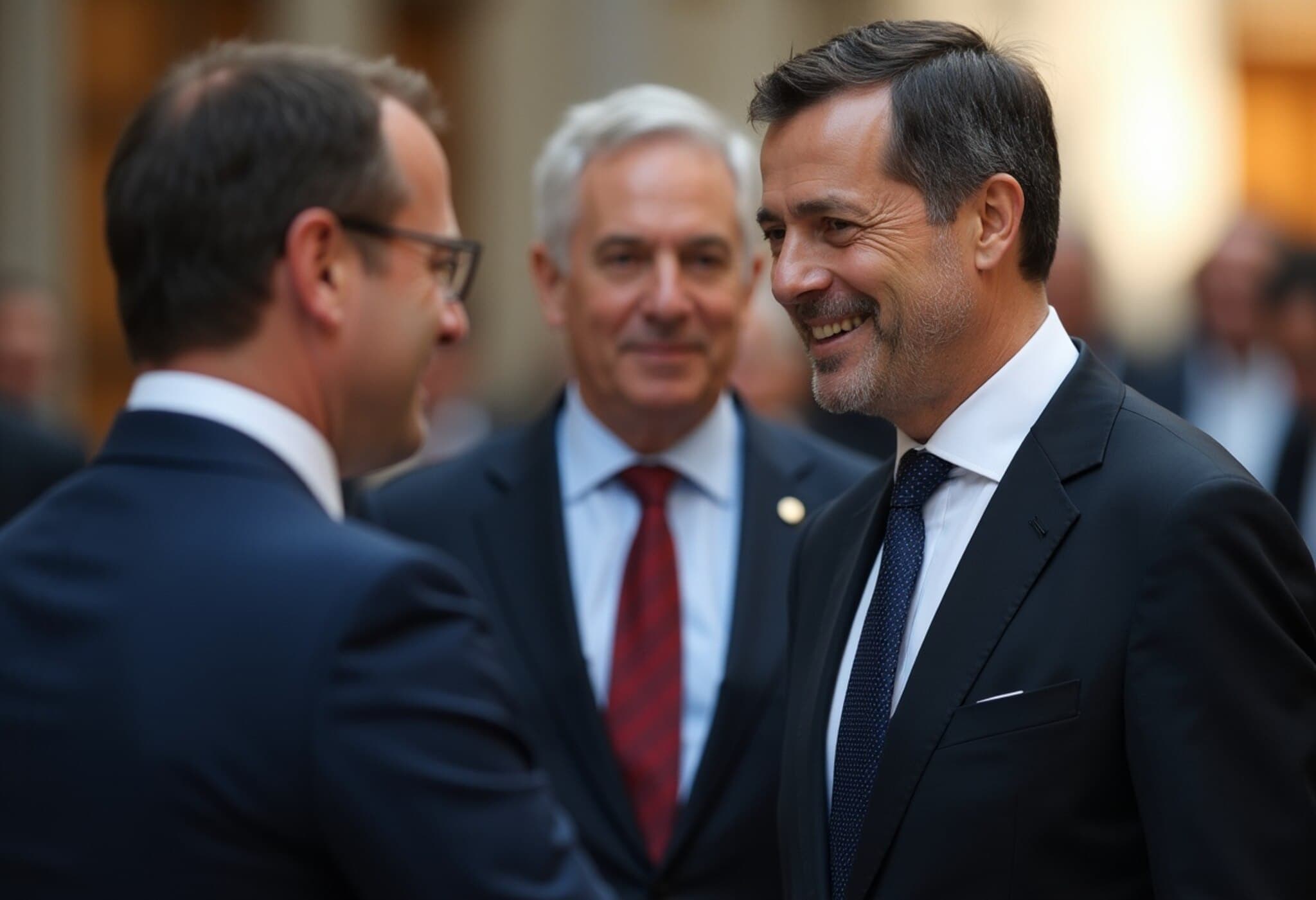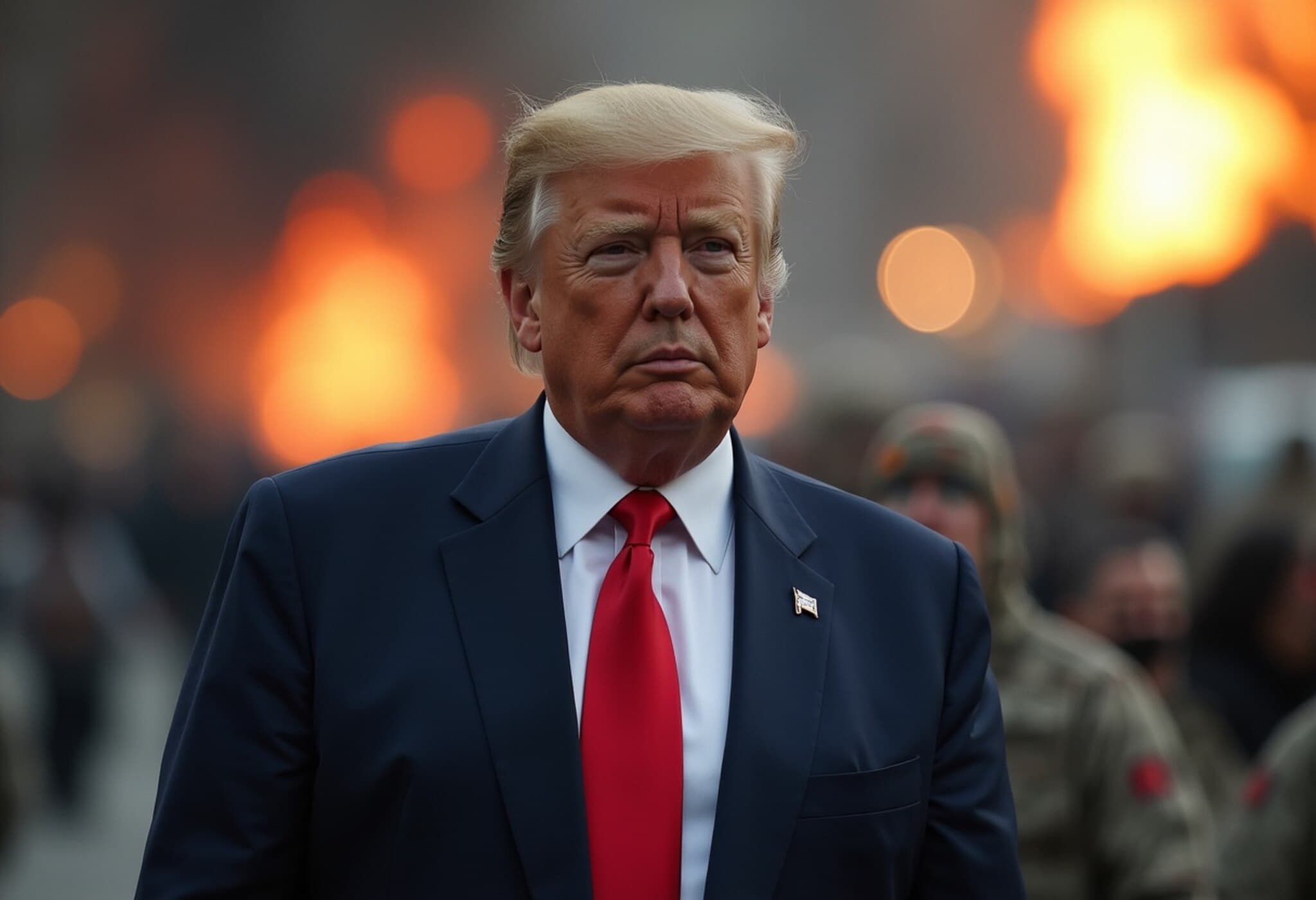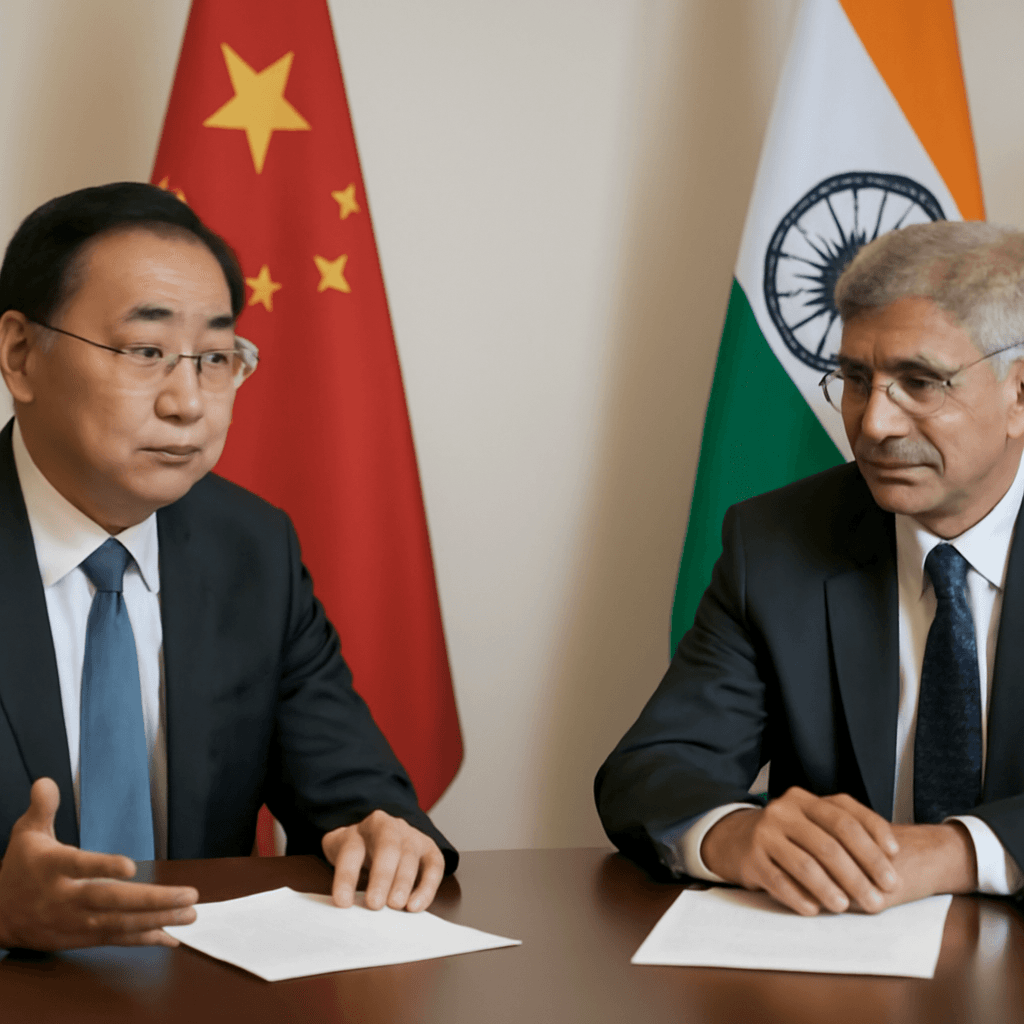Israel Defies US Warnings with Strikes on Iran's Nuclear Sites
In a move that challenges direct advice from a key ally, Israel carried out significant strikes targeting Iran's nuclear programme early Friday, despite warnings from the US President about the risks of massive retaliatory casualties.
Trump’s Caution Ahead of Israeli Offensive
Hours before the Israeli operation, US President Donald Trump urged Israel to reconsider any military action against Iran, emphasizing the fragile progress in ongoing diplomatic talks. "I don’t want them going in, because I think it would blow it," Trump stated, underscoring his view that a potential deal with Iran was within reach.
Details of the Israeli Attack
The Israeli Defense Forces announced a "preemptive, precise, and combined offensive" involving dozens of aircraft targeting multiple sites linked to Iran’s nuclear and military activities. The official statement framed the strike as a necessary defensive measure, citing Iran’s advancing nuclear capabilities as an existential threat to Israel and regional stability.
"Today, Iran is closer than ever to obtaining a nuclear weapon," the Israeli military explained. "Weapons of mass destruction in the hands of the Iranian regime are an existential threat to the State of Israel and to the wider world."
Heightened Risks and Regional Tensions
The airstrikes have stirred fears of a broader conflict erupting in the Middle East. These developments come amid mounting indications that an Israeli assault was imminent, raising the stakes in an already volatile region.
Warnings from US Officials About Iranian Retaliation
Beyond President Trump’s public caution, Steve Witkoff, the US Special Envoy for the Middle East, reportedly expressed grave concerns about Iran’s potential retaliatory strikes. In meetings with senior Republican Senators, Witkoff warned that bombings could provoke Iranian actions resulting in "mass casualties." He emphasized the thin margin before discussions break down entirely.
Impact on Diplomatic Negotiations
The Israeli strikes have come just before a crucial sixth round of talks between US diplomats and Iranian negotiators, aimed at addressing Iran’s nuclear ambitions. Following the attack, these negotiations now appear stalled indefinitely, dimming hopes for a peaceful resolution.
Analysts Weigh In on the Consequences
Israeli affairs experts suggest that if the Trump administration was not aligned with the strike, Prime Minister Netanyahu’s decision may have undermined delicate peace efforts and placed US interests at risk. One commentator noted that the move could either reflect a sabotage of negotiations or a strategic attempt to catch Iran off guard.

